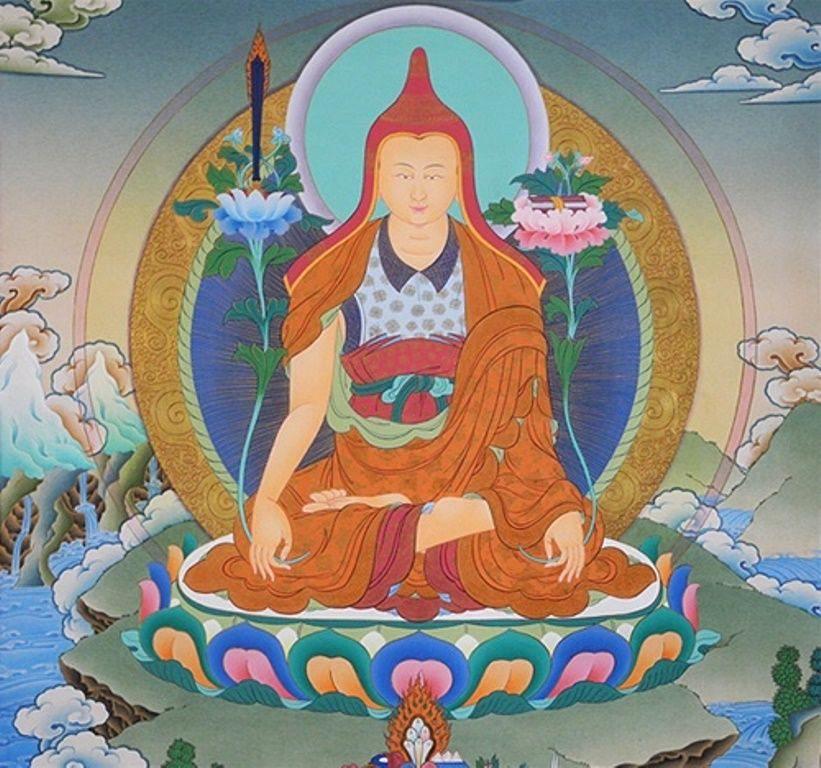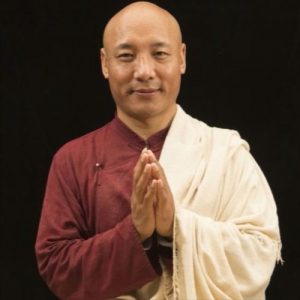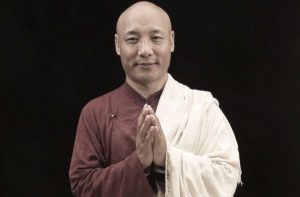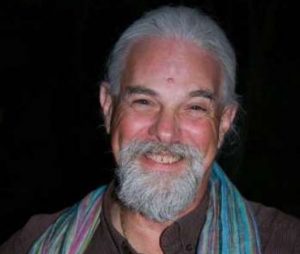Ethics is not just the foundation of all religions but also the foundation of all human societies. Without ethics, a society would not function or thrive; it would succumb to chaos and violence. Ethics also serve as the value system from which laws and justice are derived, along with our very definitions of right and wrong. A system of ethics not only creates peace and order in this world, it also provides a purpose in life. Living with ethics gives us the sense of fulfilling a higher vocation that can be spiritual in nature, allowing us to experience transcendence that overrides mundane materialistic objectives. Ethics also empower us with the sense of integrity whenever we feel that we are living in accordance with them. Often, the system of ethics springs from our innate wisdom of what is right and what is wrong. In that sense, it is not made up by a morality council or a bunch of old men with white beards in a regal building with majestic columns. The intelligence of ethics develops at very early age, before our ability to conceptualize complex ideas. For example, without the need to rely on a religious text, stealing is universally regarded as an unwholesome act.
Often, ethics consist of two principles, which are what “to do” and what “not to do.” Religious traditions often give very precise guidance on these two principles. In many of today’s cultures, such guidelines will be practiced by individual choice and are not enforced by public law; for example, restrictions on diet and certain behaviors. Not all ethical systems are built on universal agreements, and many are developed by certain cultures and religious institutions for various reasons that can differ widely. What is considered ethical by one might not apply for another. As societies are continuously changing in modern times, with more people having access to education and relatively equal opportunities to fulfill one’s potential as a human being, the very idea of ethics becomes more fluid. Therefore, people are using critical thinking to define what is right and wrong instead relying on old texts.
This is what we are now witnessing, and this is the genesis of the culture clash between conservative and progressive views. Unless one possesses omniscience, no one has the absolute authority to decide which of those two models is more enlightened. That being said, looking at history, the ethics of the progressive view wins over time. After some time, the progressive often becomes adopted as the status quo. The history of the United States is a great example. Its practice of slavery was once widely accepted as normal and was protected by law. The impact of the emotional and physical abuse, and the trauma generated by slavery, still reverberates throughout American society to this day. Besides many other factors, the American Cvil War was the manifestation of the culture clash between conservative and progressive points of view. The political side that was for the liberation of the slaves could be called progressive in modern terms. Here we can see how the progressive point of view was adopted over time, and the conservative view was no longer valid. Although parts of American history have some very dark aspects, today the nation stands for human rights and progressive values held dear by humanity, and it constantly upgrades and updates its ethical standards with intelligence, critical thinking, forward vision, and compassion.
Buddhism emphasizes ethics, (Skt: sila) as one of the main practices that have to be embraced by its adherents. What are known as “the three trainings”—ethics, meditation, and wisdom—are regarded as the path to enlightenment. This shows that ethics are an integral part of the tradition. The Buddhadharma also teaches that spiritual development cannot take place unless ethical practices are incorporated in the lives of practitioners. Only then can the two trainings of meditation and wisdom be realized.
Buddhism also has many avenues and doctrinal systems called yanas. Each of them has their individual codes of ethics, which to the untrained eye may appear contradictory or even in opposition to each other. The vows in the Vinaya or the monastic system dictate a code of behavior that is part of the first training, sila. For example, it prohibits use of intoxicants. Therefore, nuns and monks are not allowed to drink alcohol. But in the Vajrayana, drinking alcohol is incorporated into rituals and is not forbidden. The great Dzogchen master Longchenpa (1308–64) even wrote a hymn praising wine. Many yogis in Tibet consume alcohol during rituals and in their homes. This also shows that the ethical guidelines in Buddhism are not singular and depend on the tradition with which they are associated.
In the end, all ethics can be synthesized into two overarching principles: to not harm others, and to benefit others. That is the Buddhist version of the “don’ts” and “dos” list in a nutshell. This synthesis of ethics has a universal truth that can serve as a timeless spiritual guideline for humanity, and can be incorporated into religious as well as secular practice. Without this, there is the danger of becoming bogged down in complex ideologies that are limited to certain creeds or are outdated.
While they are still observed by monastics, many of the precepts and vows of the Vinaya are not applicable to most people in the world. As a Buddhist, especially as a lay Buddhist, the way to practice sila should not be based on the literal Vinaya scriptures. Rather, a lay Buddhist would try one’s best not to harm others. “Others” here includes not only humans but all living beings. And more than simply not harming, to work for the benefit of others through kindness, generosity, and noble actions is true sila—like a golden Dharma chariot inviting one to the city of Nirvana.
See more
Related features from BDG
The Role of Prayer
The Practice of Nonviolence
Buddhist Economics: Toward a Happier Society















A wonderful piece! Thank you, Anam Thubten Rimpoche, and Buddhistdoor Global!
“[A lay Buddhist would try one’s best not to harm others. ‘Others’ here includes not only humans but all living beings. And more than simply not harming, to work for the benefit of others through kindness, generosity, and noble actions is true sila.”
Does this not articulate an imperative to commit to veganism, a consistent anti-oppression social justice stance that recognizes all sentient beings as members of the moral community?
“In the end, all ethics can be synthesized into two overarching principles: to not harm others, and to benefit others. That is the Buddhist version of the “don’ts” and “dos” list in a nutshell.”
This is ahimsa, the practice of not causing suffering to sentient beings as far as our circumstances and capacity allow. This is why the Buddha extolled vegetarianism and discouraged minks and layperson from killing animals for consumption: “Trading in meat is one of the trades not to be plied.”
A wonderful piece! Thank you, Anam Thubten Rimpoche, and Buddhistdoor Global!
“[A] lay Buddhist would try one’s best not to harm others. ‘Others’ here includes not only humans but all living beings. And more than simply not harming, to work for the benefit of others through kindness, generosity, and noble actions is true sila.”
Does this not articulate an imperative to commit to veganism, a consistent anti-oppression social justice stance that recognizes all sentient beings as members of the moral community?
This is a wonderful piece! Thank you, Anam Thubten Rimpoche, and Buddhistdoor Global!
“[A] lay Buddhist would try one’s best not to harm others. ‘Others’ here includes not only humans but all living beings. And more than simply not harming, to work for the benefit of others through kindness, generosity, and noble actions is true sila.”
Does this not articulate an imperative to commit to veganism, a consistent anti-oppression social justice stance that recognizes all sentient beings as members of the moral community?